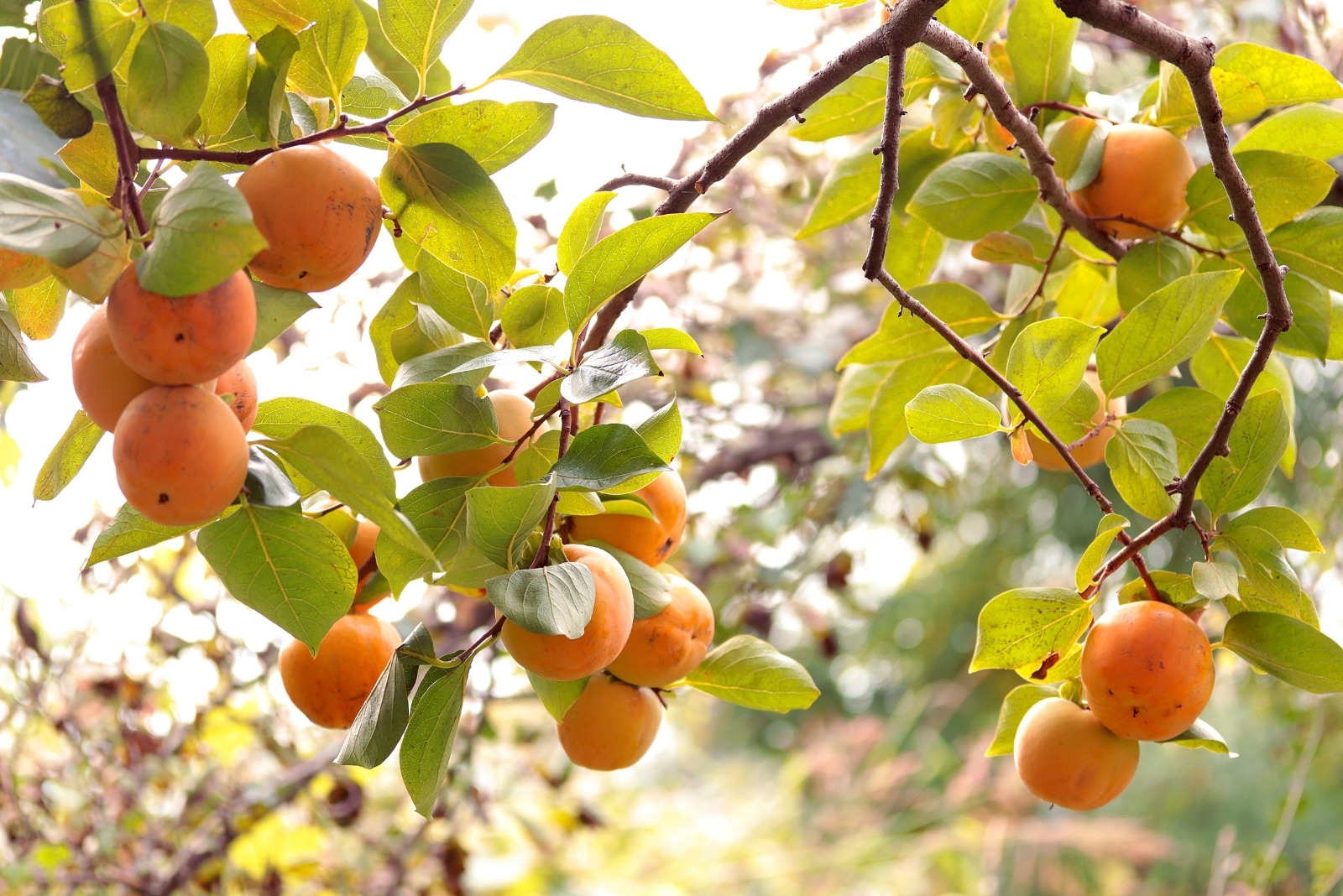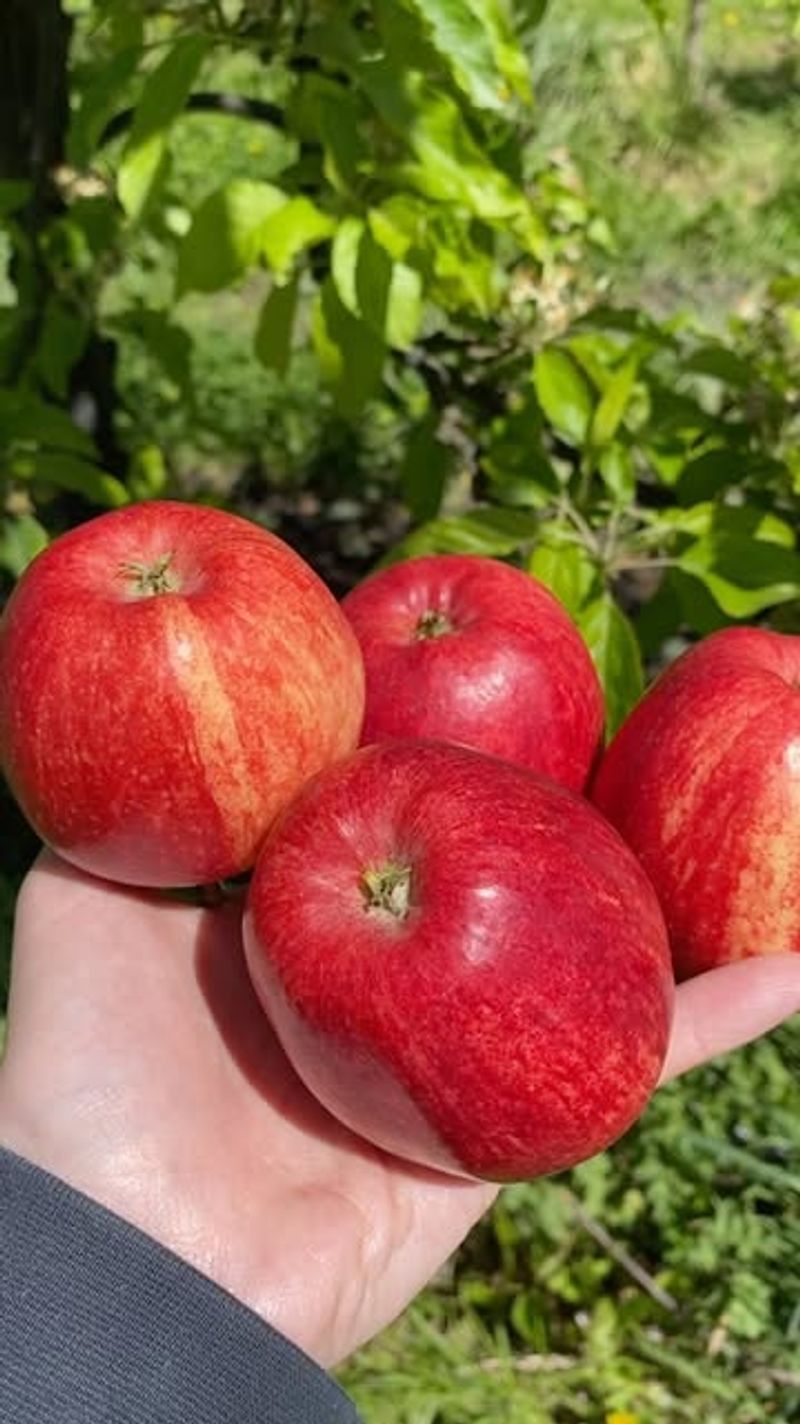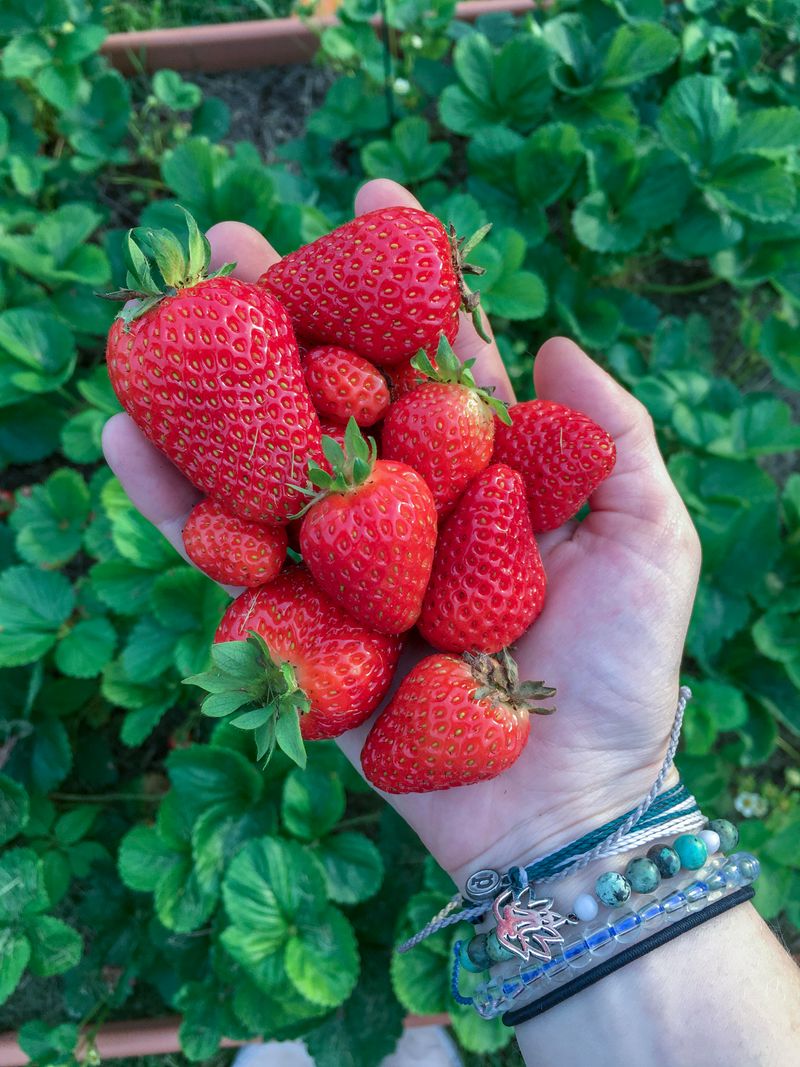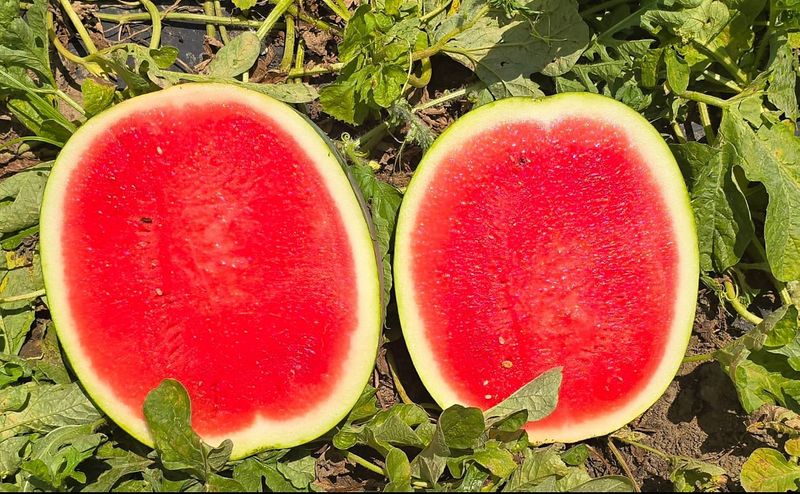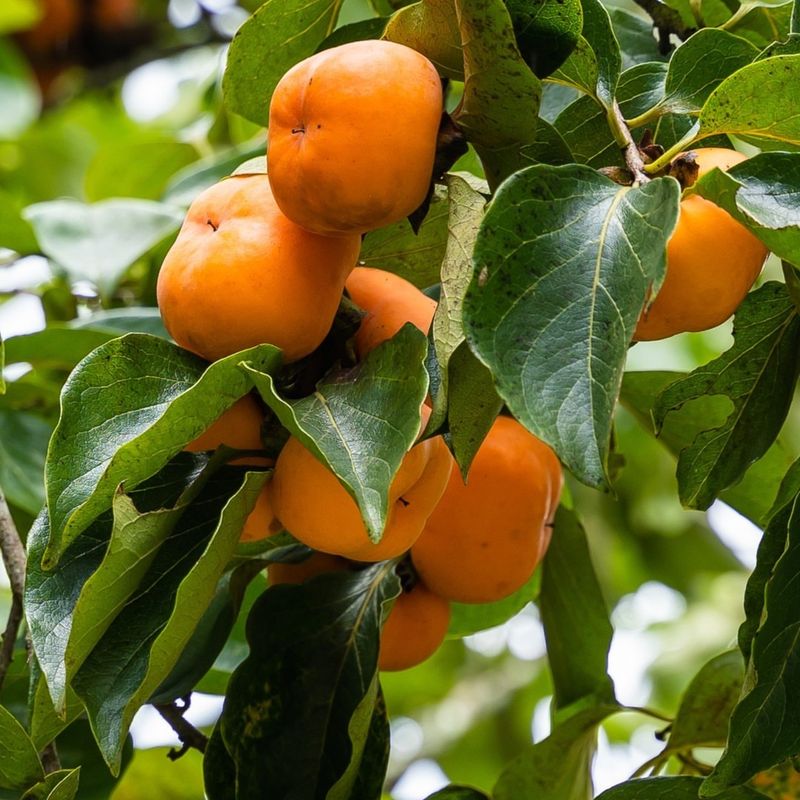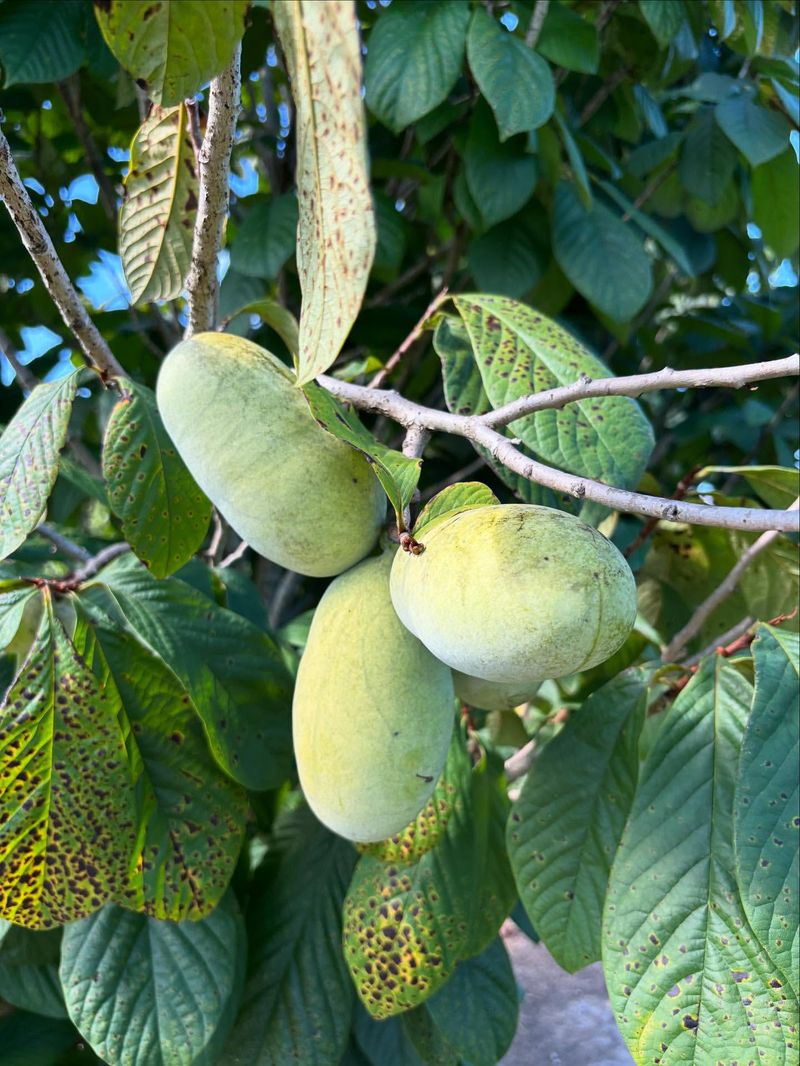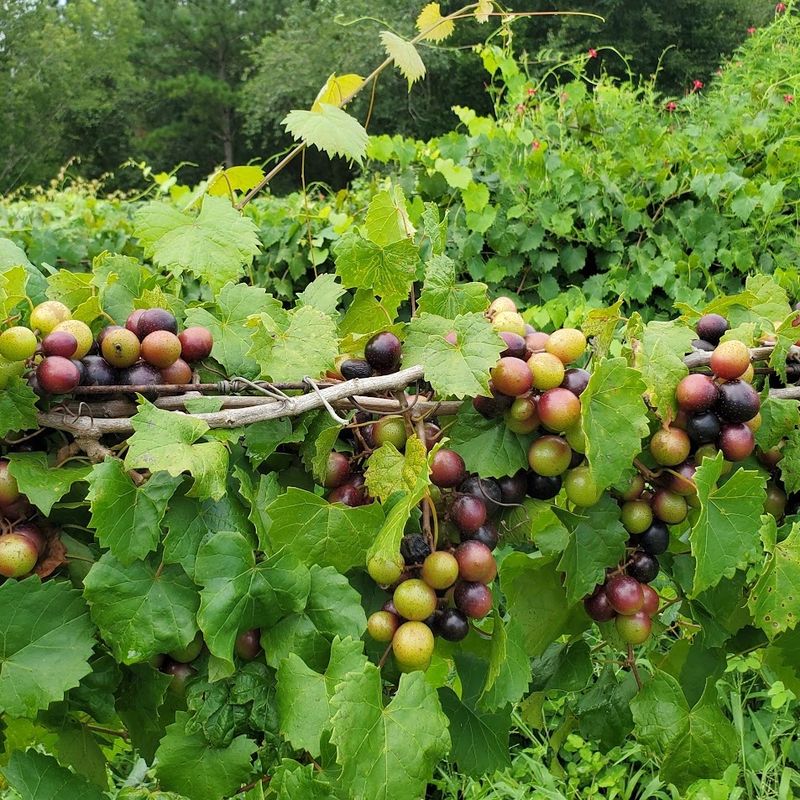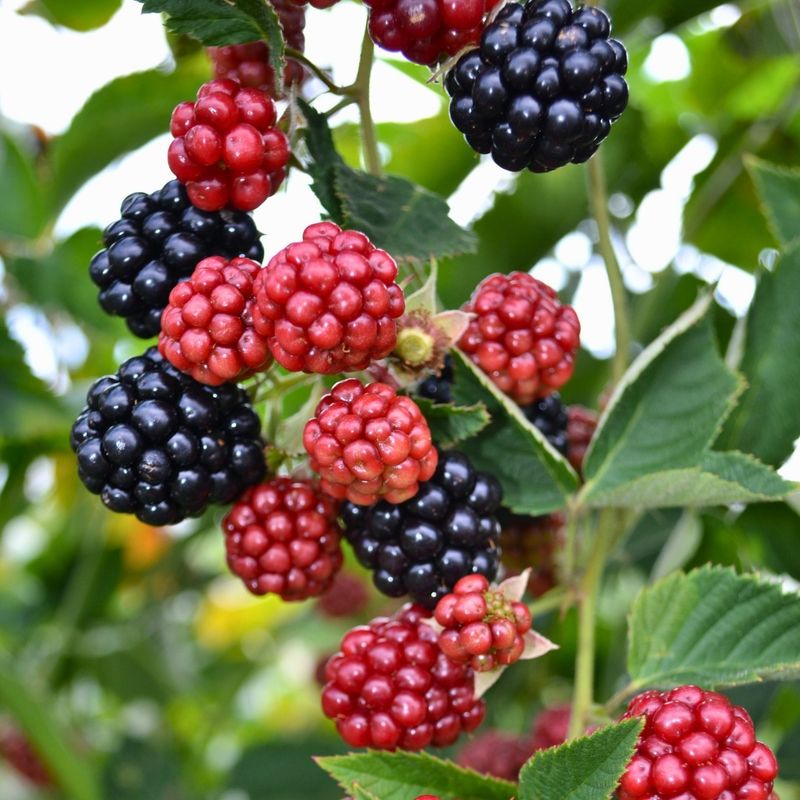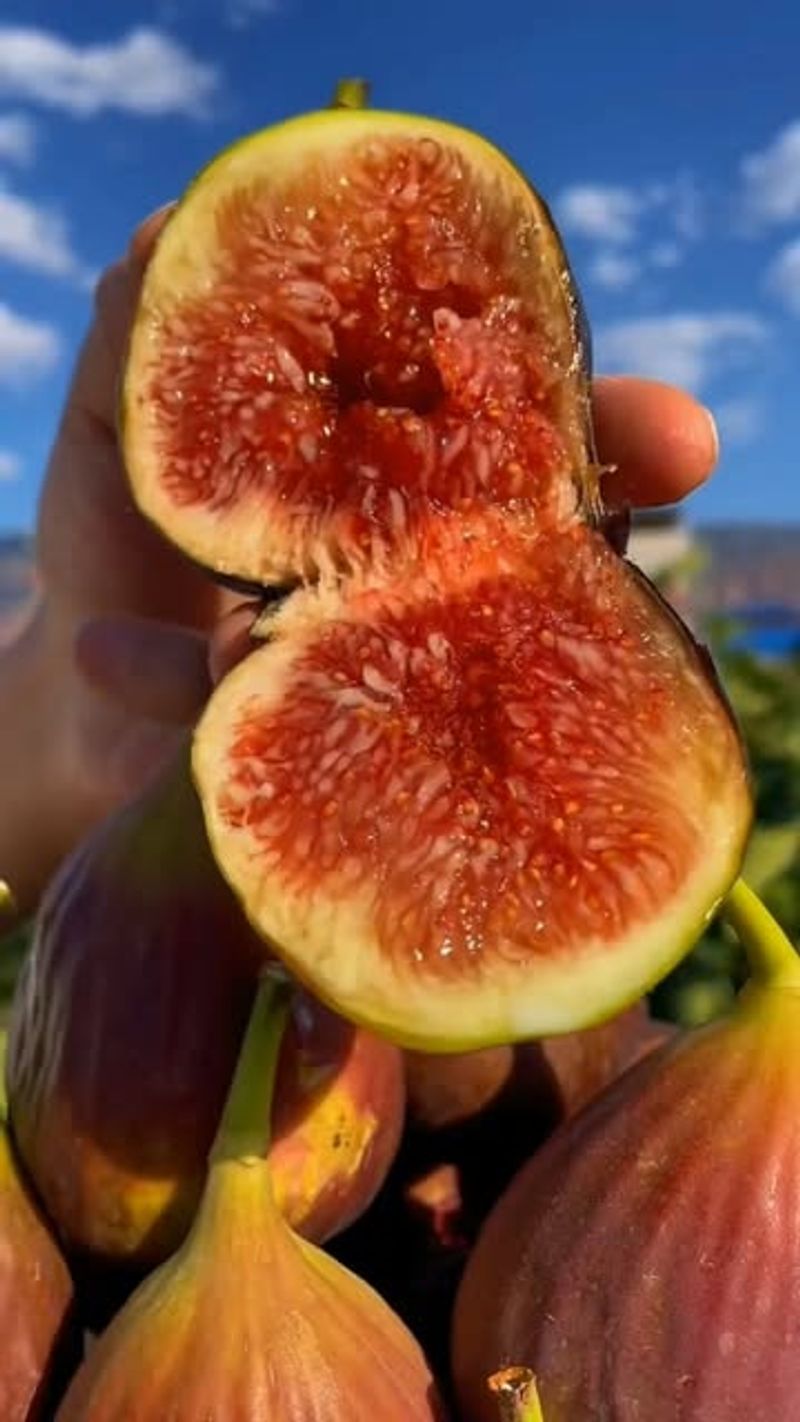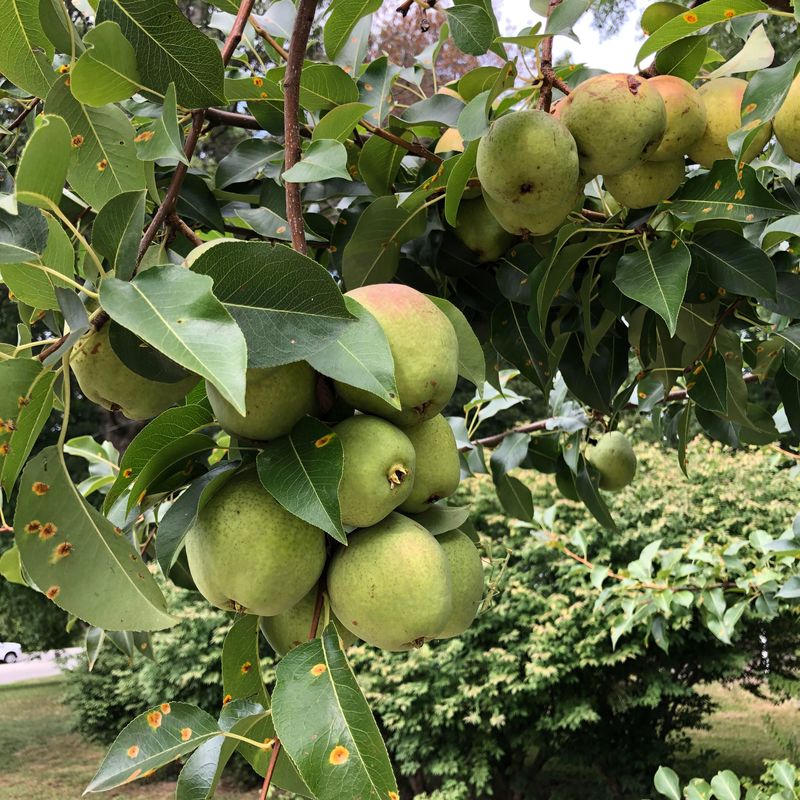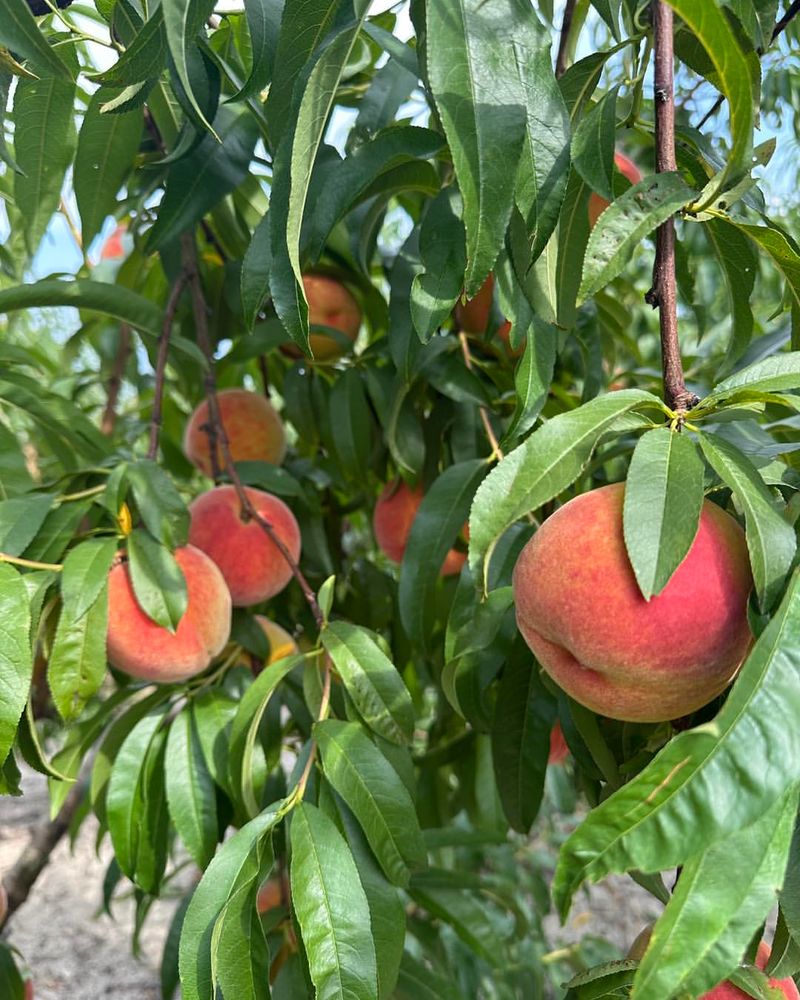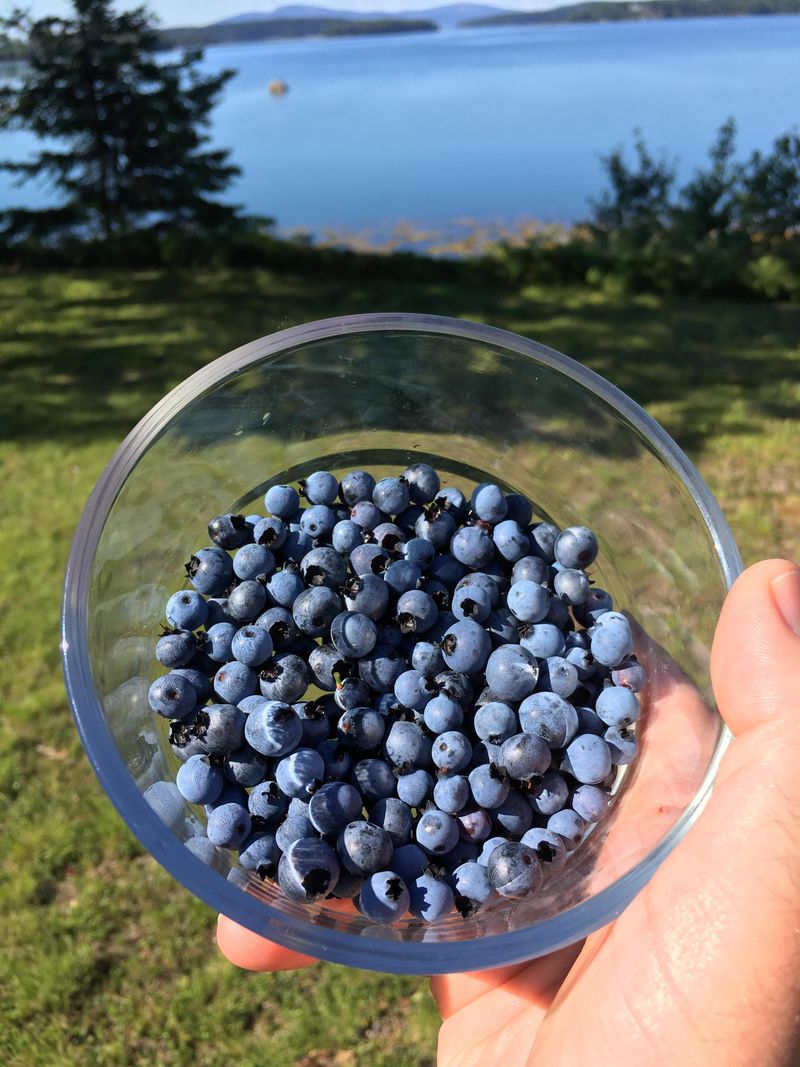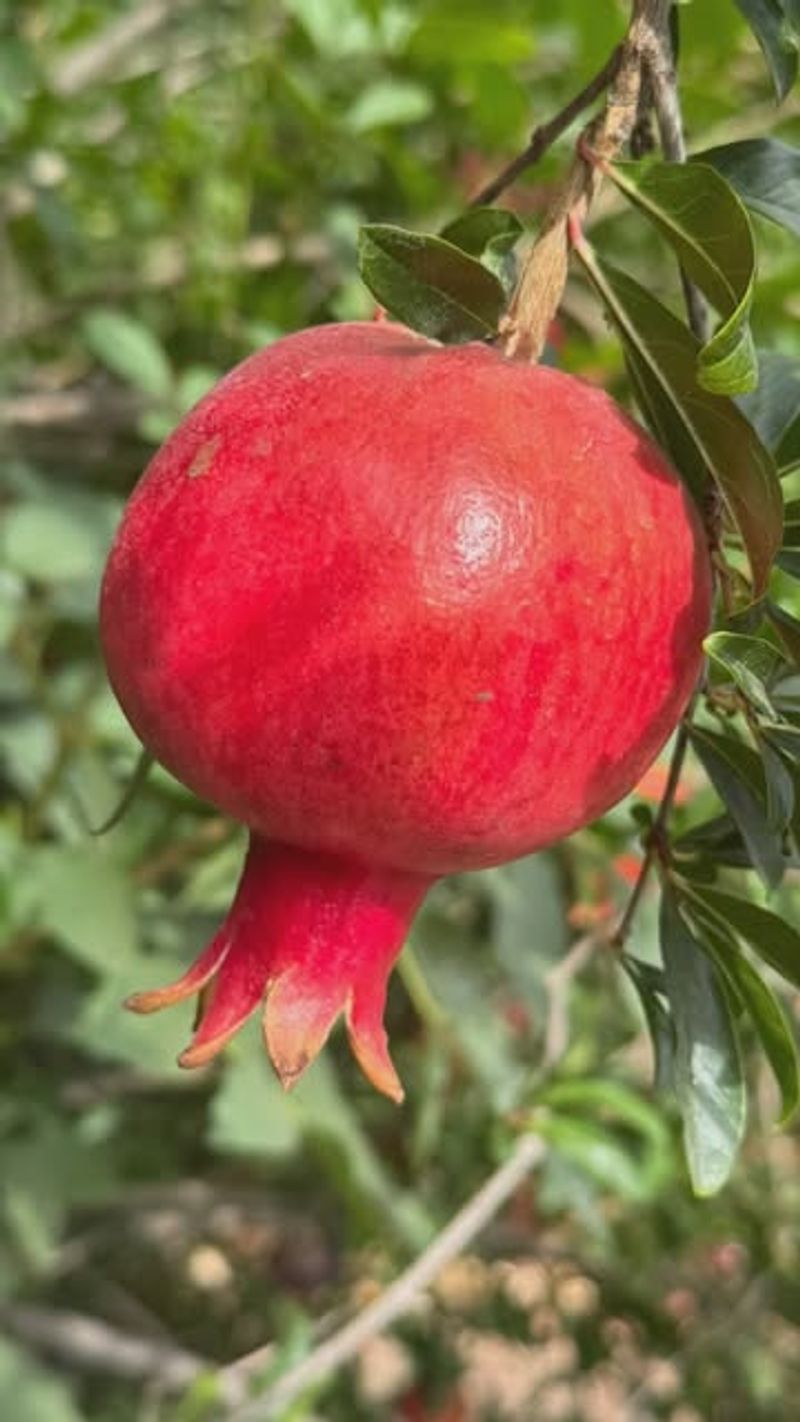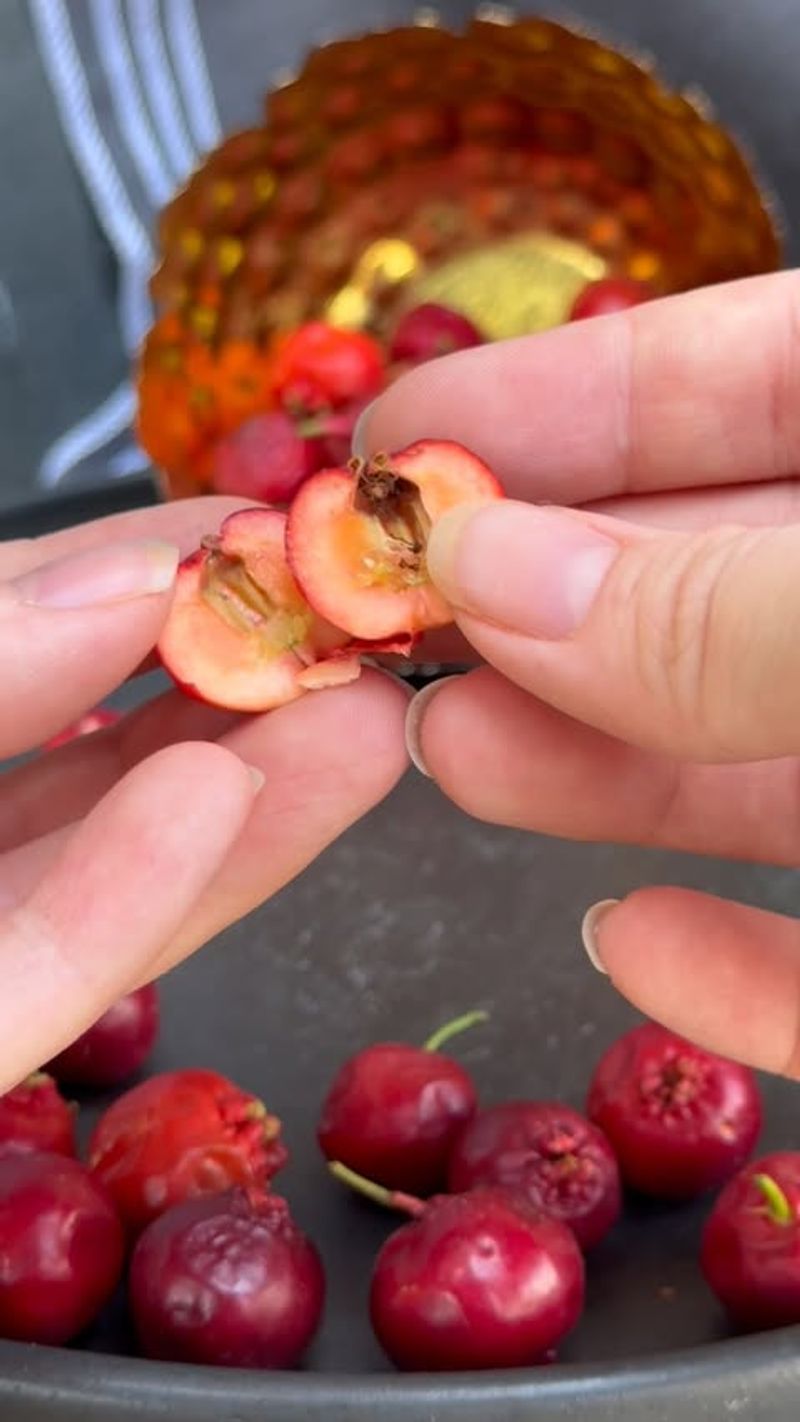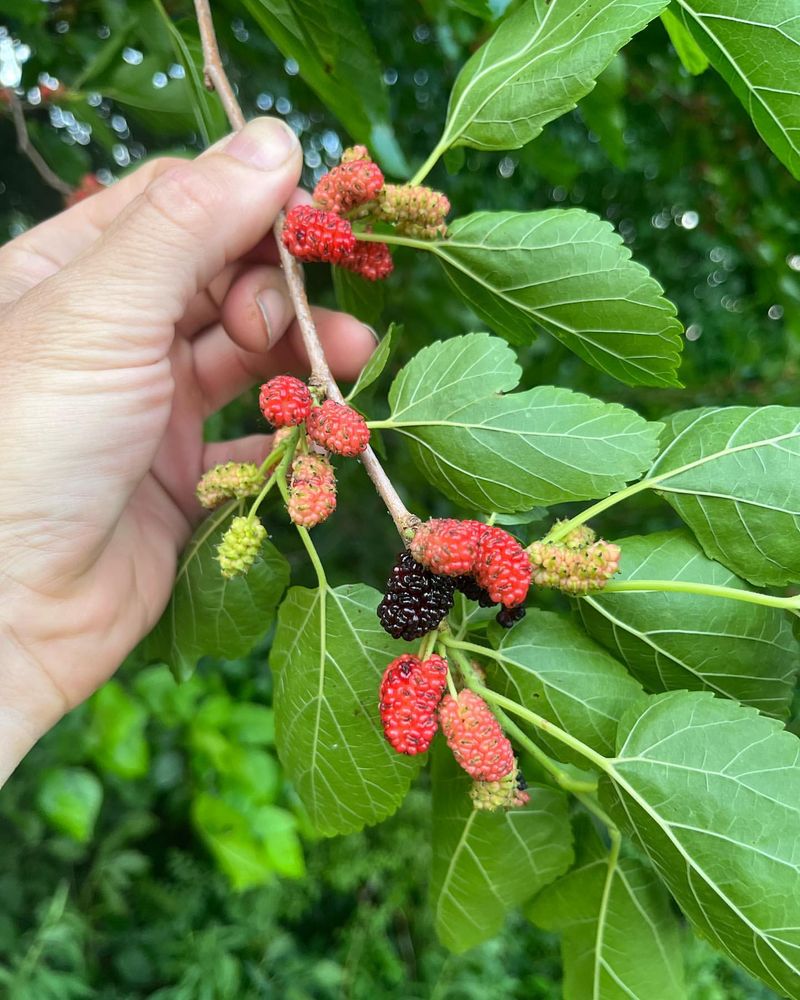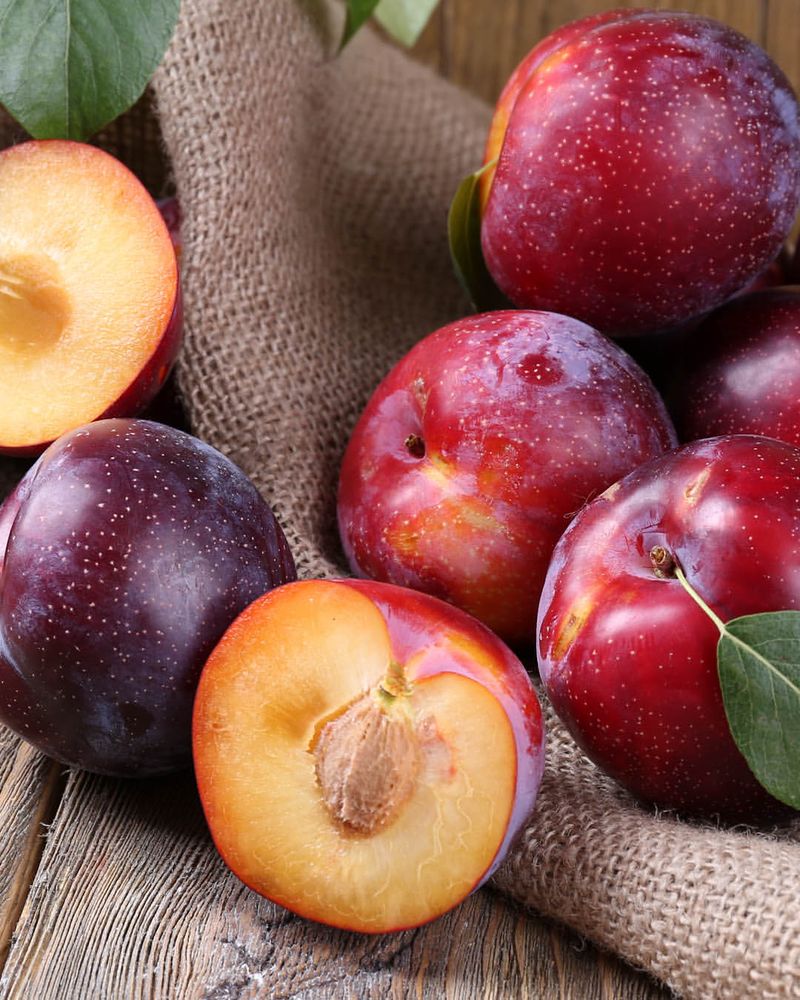September is the perfect time to start planting fruits from seed in Georgia. There’s something so satisfying about watching tiny seeds grow into thriving plants over the months.
With a little patience and care, you can turn your garden into a colorful, fruitful haven. Choosing the right fruits now sets you up for a bountiful harvest next season.
It’s a fun and rewarding way to connect with nature and enjoy the fruits of your own labor.
1. Apples
Starting apple seeds in Georgia’s September soil gives them time to stratify naturally during winter. The cooler temperatures help break seed dormancy for spring germination.
Georgia gardeners often have success with varieties like Arkansas Black or Yates. Remember to plant multiple trees for cross-pollination if you want fruit production down the road.
2. Strawberries
Wild strawberry seeds can be started now for spring fruiting. Georgia’s mild fall provides enough time for seedlings to establish before winter arrives.
Sprinkle seeds on moist soil and barely cover them. Many Georgia gardeners find that alpine varieties grown from seed develop stronger root systems than those from nursery plants.
3. Watermelons
For greenhouse growers across Georgia, September is perfect for starting watermelon seeds indoors for transplanting later. The seedlings will develop slowly during fall and winter months.
Choose compact varieties like Sugar Baby that mature quickly. Georgia’s agricultural extension recommends keeping young seedlings under grow lights until they can be moved outside after the last frost.
4. Persimmons
Native American persimmon seeds thrive when planted in September throughout Georgia. The seeds need cold stratification, making fall the ideal planting time for natural germination cycles.
Collect seeds from ripe fruit and plant immediately. Georgia’s acidic soil is particularly well-suited for persimmons, which will grow into beautiful trees that produce sweet fruit after several years.
5. Pawpaws
North America’s forgotten fruit grows beautifully in Georgia when seeds are planted in September. The seeds require cold stratification that occurs naturally during winter months.
Fresh pawpaw seeds have the highest germination rates. Georgia’s woodland areas provide the dappled shade these native fruit trees prefer as they grow into productive small trees.
6. Muscadines
Georgia’s native grape thrives when seeds are planted in early fall. September planting allows the seeds to experience natural cold stratification during winter months.
Harvest seeds from ripe muscadines and plant immediately. Many Georgia families have muscadine vines that have been growing for generations, providing sweet fruit for jellies and wines.
7. Blackberries
Wild blackberry seeds collected in summer can be planted now throughout Georgia. September planting allows natural stratification during winter months, improving spring germination rates.
Scatter seeds in a prepared bed and cover lightly. Georgia’s clay soils should be amended with compost before planting to provide better drainage for these vigorous berry plants.
8. Figs
While usually propagated from cuttings, fig seeds planted in September can produce interesting new varieties. Georgia’s mild fall gives seedlings time to establish before winter dormancy.
Extract seeds from ripe figs and plant in containers. Throughout Georgia, fig trees have been family treasures for generations, with seedling-grown trees sometimes producing unique fruit variations.
9. Pears
Asian pear seeds started in September benefit from Georgia’s natural winter chill. The seeds need cold stratification to break dormancy for spring germination.
Plant fresh seeds one inch deep in well-draining soil. Georgia gardeners find that pear seedlings grown this way develop strong taproots, though grafting will be necessary later for predictable fruit quality.
10. Peaches
Georgia’s iconic fruit can be grown from seed with September planting. The pit needs winter’s cold to crack naturally and sprout in spring.
Plant whole peach pits one inch deep in garden soil. Across Georgia, some family orchards include trees grown from seeds of particularly delicious peaches, creating unique homegrown varieties.
11. Blueberries
Wild blueberry seeds collected in summer can be sown in September across Georgia. The seeds require winter’s cold period to break dormancy naturally.
Mix tiny seeds with sand for easier distribution when planting. Georgia’s naturally acidic soil creates perfect growing conditions for blueberries, which thrive throughout the state’s various climate zones.
12. Pomegranates
In southern Georgia, pomegranate seeds planted in September have time to establish before winter. The cooling temperatures help seedlings develop strong root systems.
Separate seeds from pulp and plant immediately. Georgia gardeners in warmer zones have successfully grown pomegranate trees from seed, though they take several years to begin producing their ruby-red fruit.
13. Mayhaws
This native Georgia fruit’s seeds need fall planting for natural stratification. September is perfect timing for mayhaw seeds to begin their germination journey.
Plant seeds from fresh mayhaw fruits one inch deep. Throughout southern Georgia, these native trees produce small apple-like fruits perfect for the famous mayhaw jelly that’s a regional specialty.
14. Mulberries
Mulberry seeds collected in summer can be planted in September throughout Georgia. Fall planting allows natural cold stratification to improve spring germination rates.
Scatter cleaned seeds in a prepared garden bed. Georgia’s birds love mulberries, so expect to share your harvest when these easy-to-grow trees begin producing their sweet berries in a few years.
15. Plums
American native plum seeds thrive when planted in September’s cooling Georgia soil. The pits need winter’s chill to crack naturally and sprout in spring.
Plant fresh plum pits one inch deep in garden soil. Georgia’s climate is particularly well-suited for growing plums from seed, though the resulting trees may produce fruit different from the parent.

